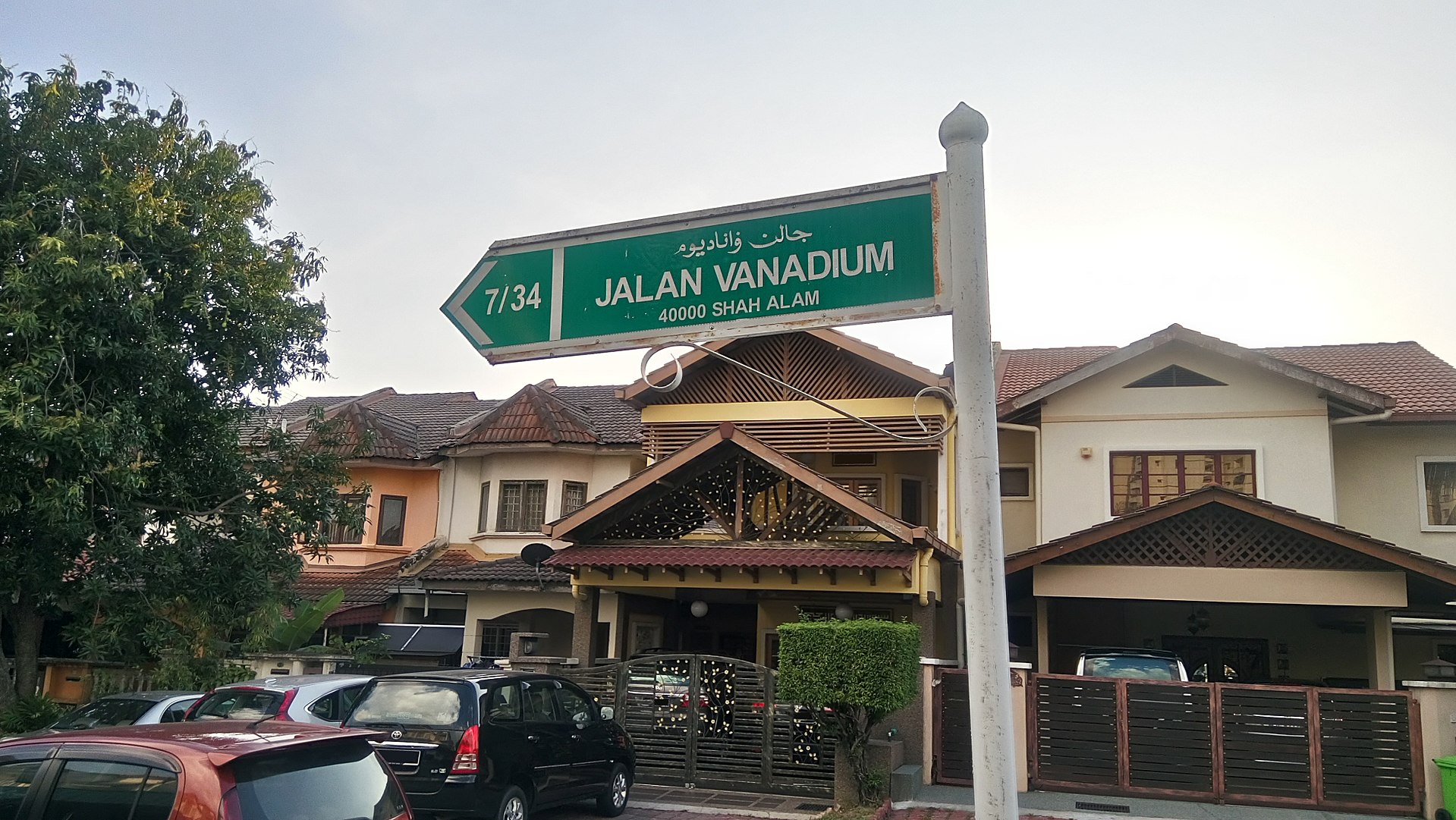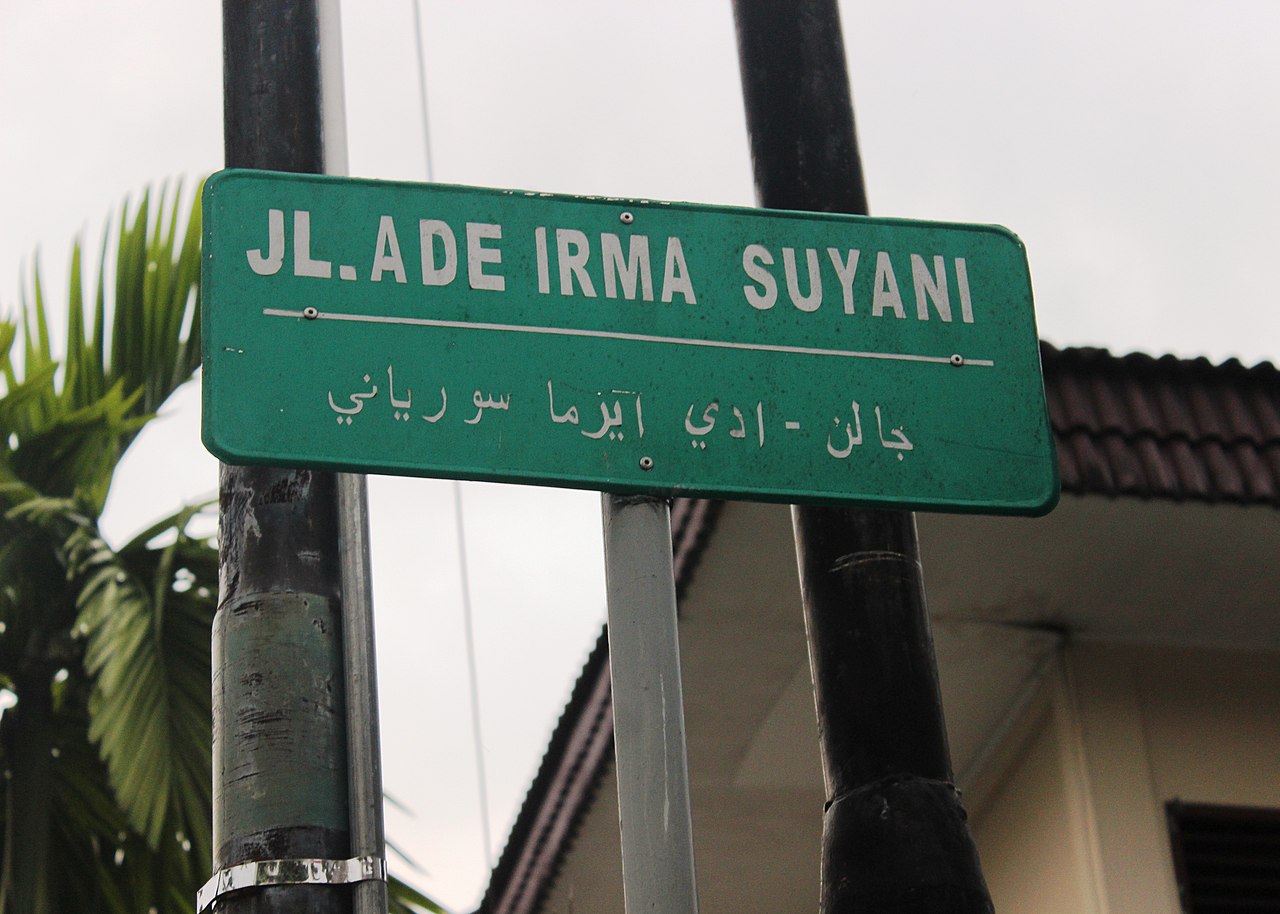Jawi alphabet
Jawi (Jawi: جاوي; Kelantan-Pattani: Yawi; Acèh: Jawoë; Malay pronunciation: [d͡ʒä.wi]) is a writing system used for writing the Malay language and several other languages of Southeast Asia, such as Acehnese, Banjarese, Kerinci, Minangkabau and Tausūg. Jawi is based on the Arabic script, consisting of all of the original 28 Arabic letters, and six additional letters constructed to fit the phonemes native to Malay but not found in Classical Arabic, which are (چ /t͡ʃ/, ڠ /ŋ/, ڤ /p/, ݢ /ɡ/, ۏ /v/, and ڽ /ɲ/).
The ensuing trade expansions and the spread of Islam to other areas of Southeast Asia from the 15th century had brought the Jawi alphabet beyond the traditional Malay-speaking world. Until the 20th century, Jawi remained as the standard script of the Malay language. The use of Jawi heralded the birth of traditional Malay literature, when it was featured prominently in the royal correspondences, religious texts and literary publications. With the arrival of Western influence through colonization and education, Jawi was relegated to scripts for religious education, with the Malay language eventually adopting the Latin alphabet called Rumi in general usage.
Jawi today
Today, Jawi is an official script of Brunei. In Malaysia, it is used for religious and cultural administration in the states of Terengganu, Kelantan, Kedah, Perlis, Penang, Pahang and Johor. Various efforts were in place to revive the Jawi script in Malaysia and Brunei due to its role in the Malay and Islamic spheres. Jawi scripts are also seen at the rear of Malaysian ringgit and Brunei dollar banknotes. The Malays in Patani still use Jawi today for the same reasons.
In Malaysia
The state government of Kedah in Malaysia has long defended the use of Jawi in the state. The Menteri Besar of Kedah has denied the allegation that the state government was trying to create an Islamic state ambience by promoting the use of Jawi in 2008, saying that it is a normal occurrence evidenced by Chinese coffeeshops and pawnshops having signboards written in Jawi. This can further be seen later on when the Kedah state government has shown its support with Johor state government's move to use Jawi in official matters in 2019. The exco of local authority of the state of Kedah had also stated that the usage of Jawi script in billboards in Kedah are not forbidden, but rather recommended. He claims that the recommendation to use Jawi script has been gazetted in the state law, and that it has been part of the state identity to have billboards in Jawi script in addition to other scripts. He also stated that there are high demands in incorporating Jawi script in billboards in Kedah
 |
| Street name signs in Shah Alam, Malaysia include both Jawi and Latin script |
 |
| McDonald in Kelantan |
In Indonesia
 |
| Street name signs in Pekanbaru, Riau, Indonesia used both Jawi and Latin script |

Ulasan
Catat Ulasan